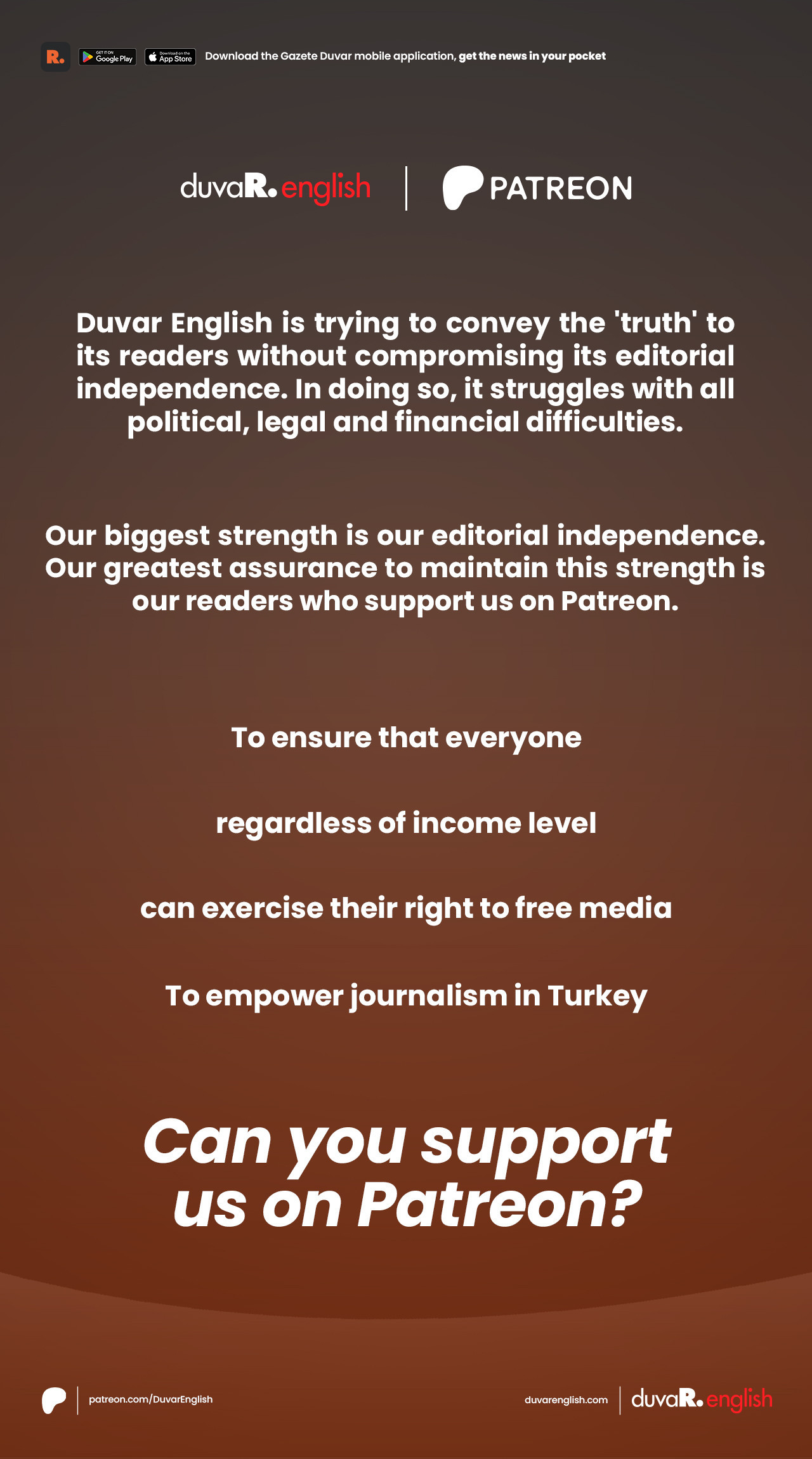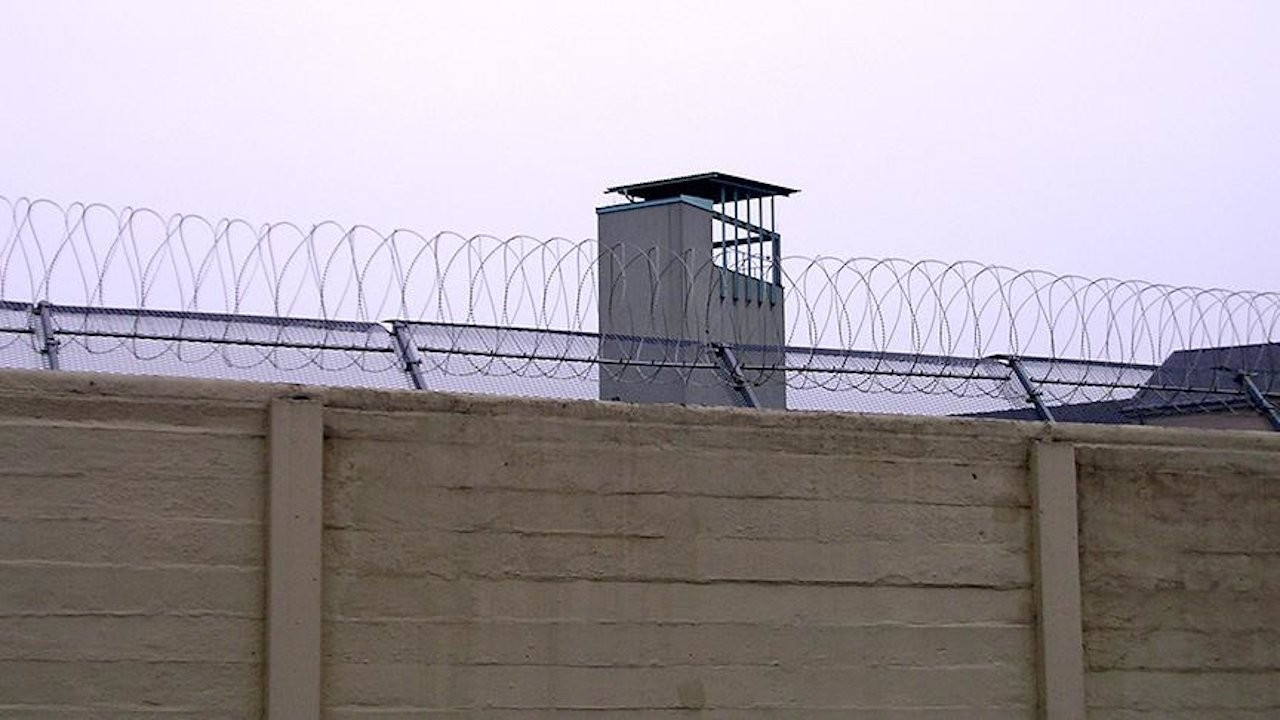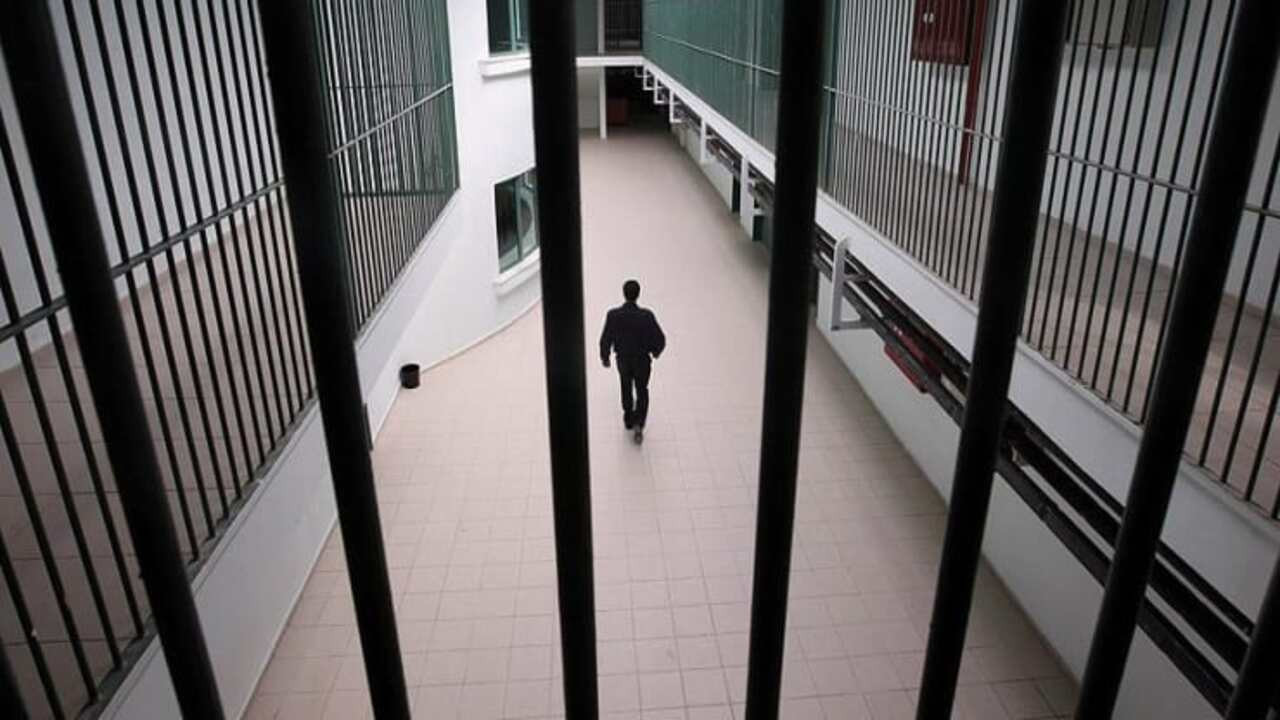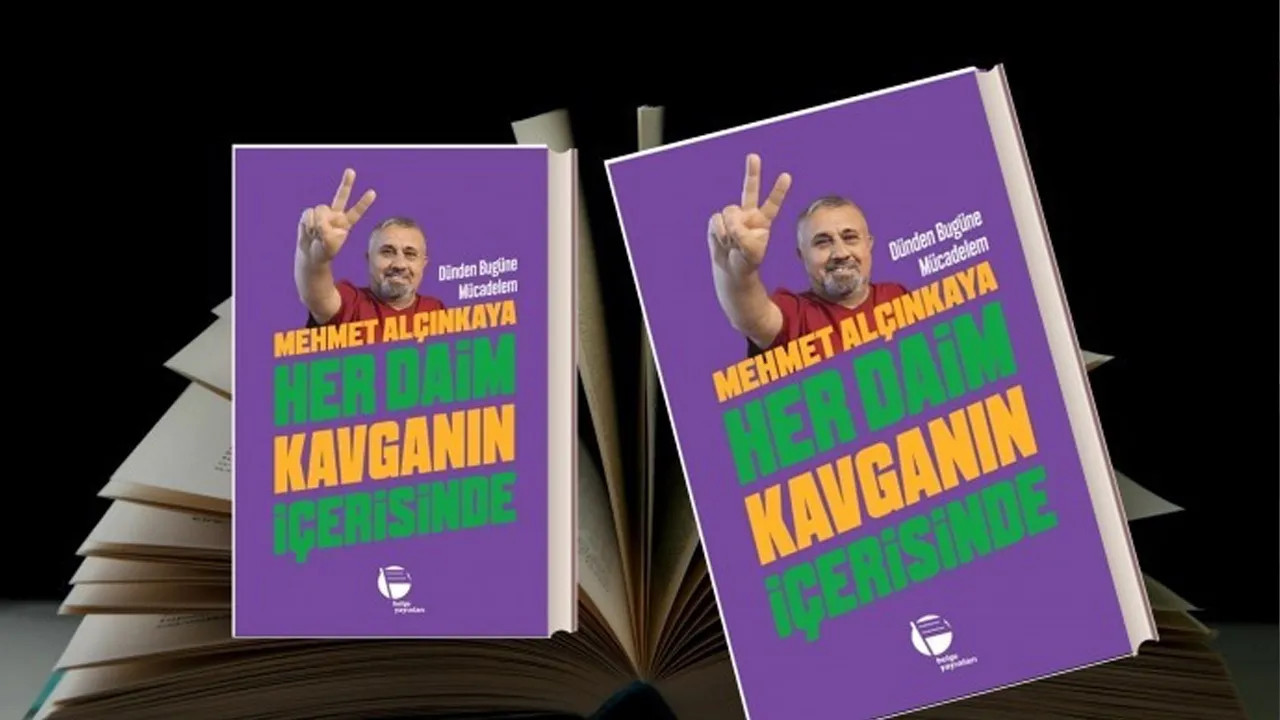Association report details rights violations in central Turkey’s prisons
The Lawyers for Freedom Association (ÖHD) has released its "Rights Violations Report" for the prisons in central Turkey. The report included violations of basic human rights such as access to healthcare, and arbitrary punishment.
Ceren Bayar / Gazete Duvar
The Lawyers for Freedom Association's (ÖHD) Ankara Branch Prison Commission prepared a report on issues and rights violations in prisons in Turkey’s Central Anatolia Region.
The association's lawyers based the report on interviews with detainees and convicts, letters from detainees and convicts, applications from families, and news reports. They conducted interviews in 16 prisons in the Central Anatolia Region.
The report detailed the rights violations and issues in Central Anatolia Region prisons under ten headings.
The report included instances of prison administrations violating detainees’ and convicts' right to health. It stated, "Some severely ill prisoners who should have their sentences postponed immediately are unable to be released due to the unscientific and biased reports of the Forensic Medicine Institute. Delays or failures in transferring patients to hospitals also violate the right to health."
The report highlighted that detainees and convicts faced oral and strip searches during hospital transfers, and those who refused these searches were denied access to healthcare.
The report indicated serious issues in accessing healthy and sufficient food and water in prisons and noted inadequate ventilation.
"Interviews revealed that prisoners were subjected to beatings and coercion by guards,” began the report’s section on torture and ill-treatment.
One form of torture identified in interviews was the imposition of strip searches. It was also found that isolation practices cutting off all social relationships of prisoners were implemented, denying them the right to social activities, frequently imposing unlawful disciplinary cell punishments, and keeping prisoners in solitary cells under the pretext of security. These practices subjected prisoners to psychological pressure.
One of the findings of the report was that prisoners eligible for release were arbitrarily prevented from being released. The report stated, "In Central Anatolia Region prisons, the execution of many prisoners, including severely ill prisoners and those who have served 30 years (those eligible for conditional release), was arbitrarily and unlawfully extended by Administrative Observation Boards, preventing their release."
The report also noted violations of the right to communication, stating that detainees and convicts were prevented from accessing periodicals, radio, and television, and their letters were censored and often not sent or received.
Other findings in the report included the presence of multiple guards during lawyer-client meetings, the installation of cameras in private areas, and the confiscation of detainees' and convicts' notebooks, letters, and books. Kurdish books and letters were considered objectionable and not given to their recipients, often being held for months under the pretext of examination.
The Freedom for Lawyers Association's Ankara Branch stated in the conclusion of the report that all these issues and violations should be resolved within the framework of universal law and human rights.
They called on state authorities to immediately establish "independent" monitoring mechanisms required by national and international law to address the situation of severely ill prisoners and the deepening rights violations and torture in Central Anatolia prisons. They urged the European Committee for the Prevention of Torture (CPT), the Health and Justice Ministries, the Human Rights and Equality Institution of Turkey (TİHEK), and the Turkish Parliament Human Rights Investigation Commission to take action against the rights violations occurring in these closed penal institutions.
(English version by Ayşenaz Toptaş)


 Turkish Rights Foundation receives 731 reports of torture in 2023Human Rights
Turkish Rights Foundation receives 731 reports of torture in 2023Human Rights Over 23,000 rights violations recorded in Turkish prisons in 2023, reports associationHuman Rights
Over 23,000 rights violations recorded in Turkish prisons in 2023, reports associationHuman Rights Turkish prison administration denies inmate his own book written in prisonHuman Rights
Turkish prison administration denies inmate his own book written in prisonHuman Rights